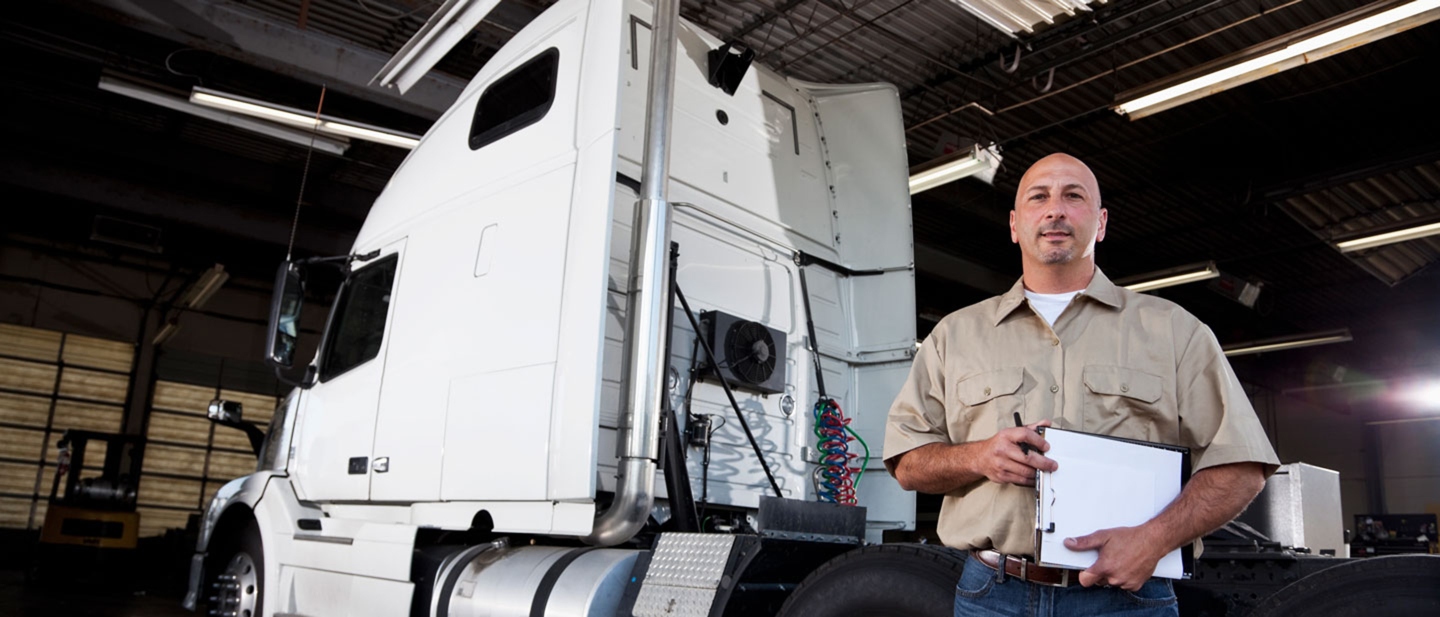Preventing Cargo Claims

Many drivers are fond of saying: “I get paid to drive, not to count and load freight.” While this sentiment is understandable, protecting yourself and your company from cargo claims requires that you do more than just drive. If you don’t, you could be in for a surprise when you arrive at your destination. At the very least, protecting cargo can help reduce the risk of having a disagreement with a customer or being taken advantage of by unscrupulous shippers and brokers. It can also help ensure you and your company are paid for the work you’ve done and the expenses you’ve incurred.
How can you avoid these headaches? Here are some strategies to help you prevent cargo claims.
- Pre-trip inspections. Inspect trailers for leaks, broken floorboards, and protruding objects that could damage cargo during the loading and unloading process or during your trip. Cargo securement devices and tarps should be inspected to ensure they are adequate to protect the cargo against shifting, falling and the weather.
- Supervise loading/unloading. Unless you are prohibited from being on the loading dock, or you’re picking up or dropping off a loaded trailer, supervise the loading and unloading process. Generally speaking, it is your responsibility to verify that the condition of the cargo is satisfactory and the quantity of freight is correct. It also is generally your responsibility to ensure that the cargo is loaded properly to prevent damage during transit and to avoid overweight tickets and other fines. If you have problems after you leave, you may not get much sympathy from the shipper. Any discrepancies need to be resolved before you leave the dock.
- Report and document discrepancies. Discrepancies that cannot be resolved should be documented on the shipping papers. Ideally, any unresolved discrepancies should be acknowledged in writing on the shipping papers by the shipper or receiver. Notify your company immediately before you leave the loading or unloading facility. This can help give your company, the shipper, receiver, and other parties an opportunity to resolve issues while the cargo can still be inspected. Have a camera available to document damage that could result in a cargo claim. The few minutes you take to document a problem could help save you and your company thousands of dollars later.
- Use “shipper load and count". Although some shippers might not allow you to sign their shipping papers “shipper load and count” or “SLC”, it is a good idea if you were not permitted to supervise the loading and unloading process.
- Use trailer seals. A trailer seal provides some of the best protection you can have against a cargo claim. If the shipper provides a trailer seal, use it. Carry a supply of trailer seals with you in case the shipper doesn’t provide one. If you use your own seal, make sure the seal number is referenced on all copies of the shipping papers. Upon delivery, make sure the receiver signs the shipping papers “Seal #123456 Intact.”
- Protect your load from shifting. Before you leave the dock, make sure your cargo is blocked, braced and secured to protect it from shifting. The proper type and number of cargo securement devices should be used in accordance with the Federal Motor Carriers Safety Regulations (FMCSR). Worn, defective or broken cargo securement devices should be replaced.
- Use quality locks. Leaving a loaded trailer unattended at a truck stop, rest area or in a shopping center parking lot is a good way to have it stolen. You can help protect your equipment and cargo by using quality locks and not leaving your trailer unattended.
- Inspect your cargo. Inspect your cargo often during your trip to make sure it remains properly secured, protected against weather and evenly distributed.
- Drive carefully. Serious cargo claims and other accidents can result from cargo shifting because of panic stops, sharp turns or traveling around curves too fast. Drive carefully to avoid excessive force that could cause cargo to shift or fall. Be especially careful when cargo creates a high center of gravity or when cargo is susceptible to shifting, (e.g., liquid tank trailers). These conditions require you to take extra precautions and drive at reduced speeds around corners and curves.
Cargo claim costs can add up quickly. Take steps to help prevent them by checking for cargo damage, accounting for all cargo, documenting discrepancies and keeping security in mind at all times.
Doc#: LCT765




